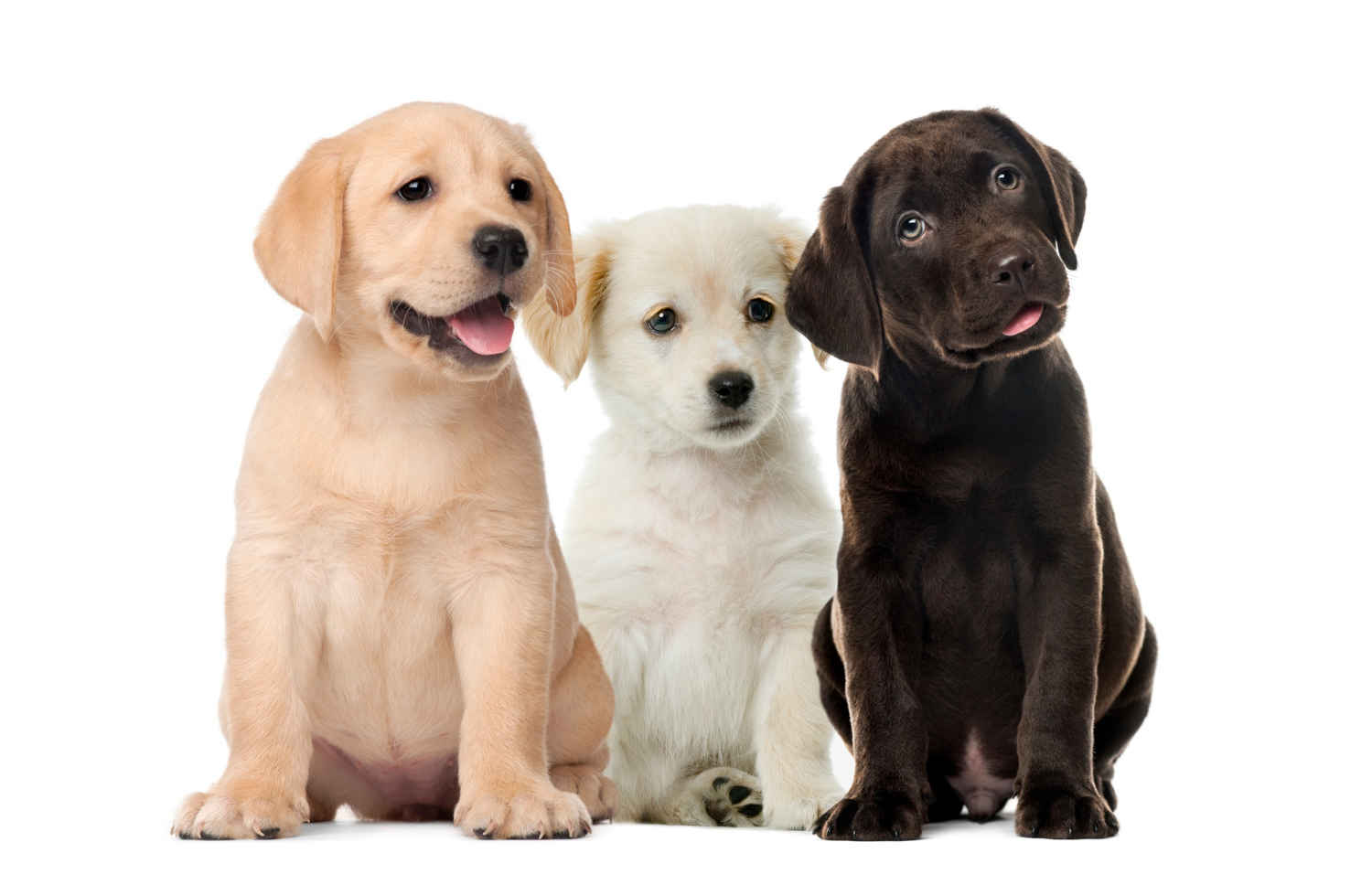Welcoming a German Shepherd puppy into your home can be an exciting and joyful experience. But as a responsible pet parent, it’s essential to ensure that your furry friend gets the best nutrition possible. The food you choose for your German Shepherd puppy can have a significant impact on their overall health and well-being. With so many dog food options available in the market, it can be overwhelming to select the best one for your puppy. In this post, we will guide you through the factors to consider when choosing the right food for your furry friend, and the best type of food to keep them healthy and happy. So, let’s dive in and explore the world of puppy food!
German Shepherds are one of the most popular dog breeds around the world, and for good reason. They are intelligent, loyal, and make great family pets. But with great power comes great responsibility, especially when it comes to feeding your furry friend. Choosing the right food for your German Shepherd puppy is crucial for their health and well-being, as it lays the foundation for their growth and development. In this guide, we’ll help you navigate the confusing world of dog food and provide you with some important tips to ensure that your German Shepherd puppy gets the best nutrition possible.
What to Look for in a German Shepherd Puppy Food:
Choosing the right food for your German Shepherd puppy can be a daunting task, with so many options available in the market. However, there are some important factors that you need to consider when selecting a food that will provide your furry friend with the nutrients they need to grow and thrive.
Protein:
German Shepherds are active dogs that need a lot of protein in their diet. Protein is essential for muscle growth and repair, as well as for maintaining healthy skin and coat. Make sure that the food you choose has a high-quality source of protein, such as chicken, lamb, or fish. The protein content should be at least 25% of the total calories in the food.
Fat:
Fat is an important source of energy for your German Shepherd puppy. It also helps to maintain healthy skin and coat, and supports brain development. Look for a food that has a moderate amount of fat, around 15% to 20% of the total calories.
Carbohydrates:
Carbohydrates provide your German Shepherd puppy with the energy they need to run, play, and grow. However, not all carbohydrates are created equal. Avoid foods that contain high amounts of grains like corn and wheat, as they can cause digestive issues and allergies in some dogs. Instead, opt for foods that contain complex carbs like sweet potatoes and brown rice.
 - Copy.jpg)
Vitamins and Minerals:
Vitamins and minerals are essential for your German Shepherd puppy’s overall health and well-being. Look for foods that contain a variety of vitamins and minerals, including A, C, E, and D, as well as calcium, phosphorus, and zinc. These nutrients will help support your puppy’s immune system, bone development, and overall growth.
Avoid Harmful Ingredients:
It’s important to avoid harmful ingredients in your German Shepherd puppy’s food. These include artificial preservatives, colors, and flavors, as well as by-products and fillers. Look for foods that use natural preservatives like vitamin E and vitamin C, and avoid foods that use artificial preservatives like BHA, BHT, and ethoxyquin.
Feeding Schedule:
Feeding your German Shepherd puppy on a regular schedule is important for their health and well-being. Puppies need to eat more frequently than adult dogs, typically 3 to 4 times a day until they are about 6 months old. After that, you can reduce the number of meals to 2 times a day.
Portion Control:
Portion control is important to ensure that your German Shepherd puppy doesn’t overeat and gain too much weight. Follow the feeding instructions on the food label, and adjust the portions as needed based on your puppy’s age, weight, and activity level. If you’re unsure about how much to feed your puppy, consult with your veterinarian.
Feeding your German Shepherd puppy the right food is essential for their health and well-being. Choose a food that is high in protein, moderate in fat, and contains complex carbohydrates, vitamins, and minerals. Avoid harmful ingredients and feed your puppy on a regular schedule with portion control. By following these tips, you can ensure that your furry friend is getting the best possible nutrition and setting them up for a healthy and happy life.
In conclusion, choosing the right food for your German Shepherd puppy is crucial to ensure they grow up healthy and strong. Remember to always read the labels and choose a high-quality, balanced diet that meets their nutritional needs. Pay attention to their individual preferences, and seek advice from your veterinarian if you have any concerns. By providing your puppy with the best possible nutrition, you’ll be setting them up for a happy and healthy life by your side.
Please follow us on Social Media


%20-%20Copy.jpg)

%20-%20Copy.jpg)
%20-%20Copy.jpg)
%20-%20Copy.png)
.jpg)
%20-%20Copy.jpg)